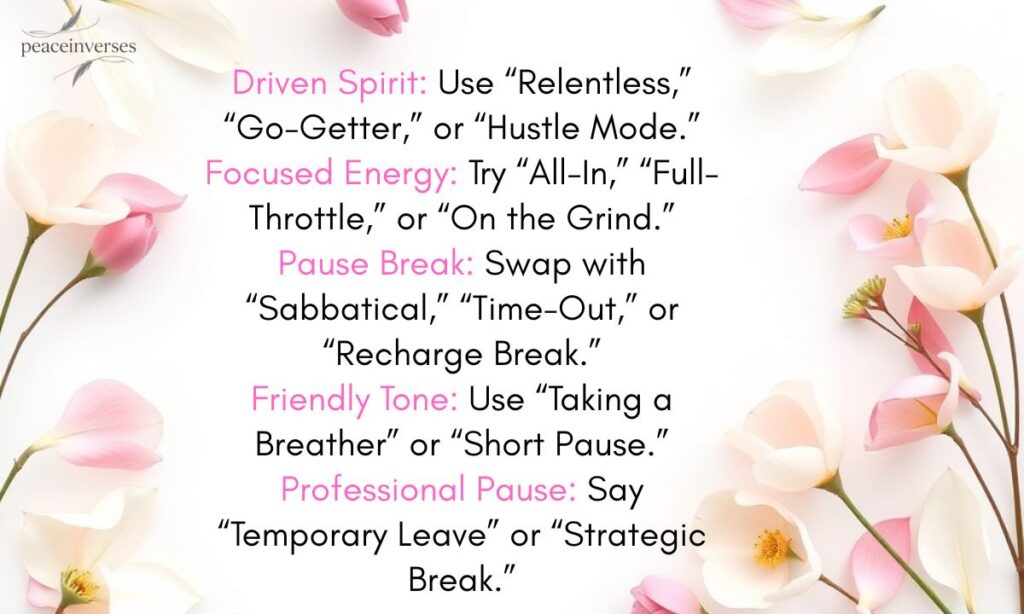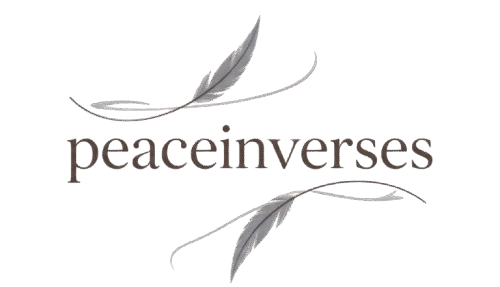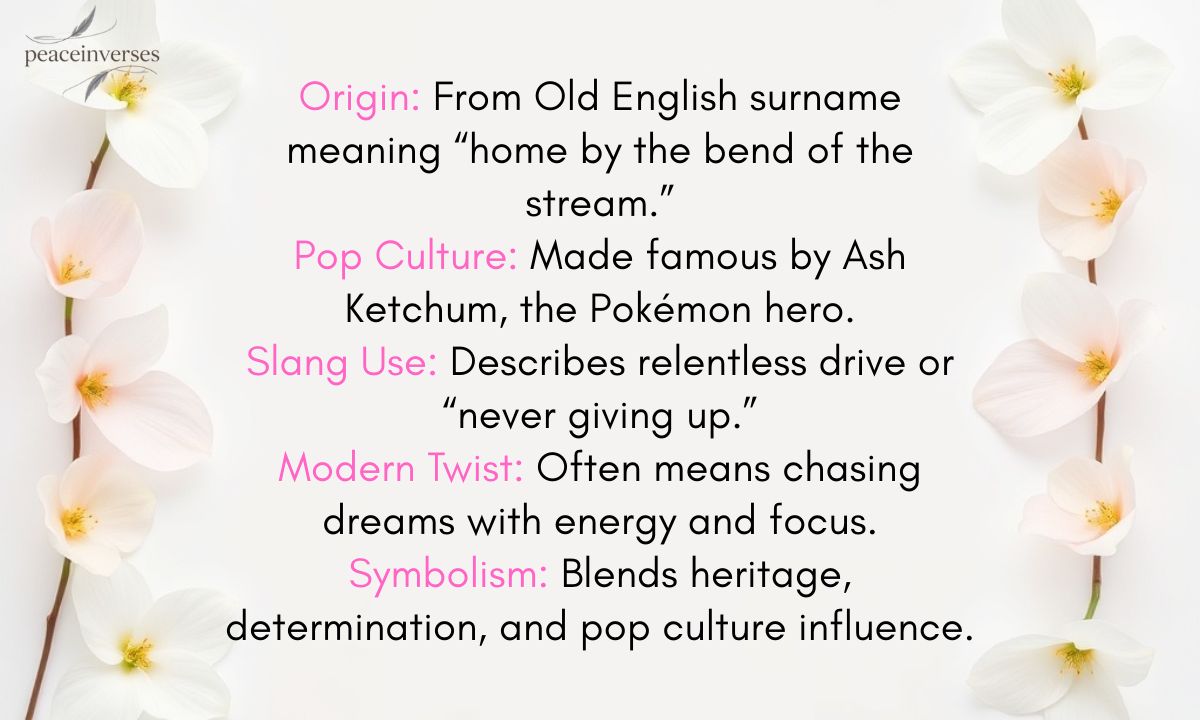“Ketchum” isn’t just a name you hear in Pokémon.
It’s a word with deep roots in history, shaped by culture, slang, and even memes. What started as an old English surname has grown into a symbol of drive, ambition, and pop-culture charm.
In this guide, you’ll discover the true origins of “Ketchum,” its rise through Ash Ketchum’s iconic character, and how it’s used in modern slang to describe relentless energy. We’ll also unpack the meaning of “hiatus” and offer practical alternatives for different contexts.
What Is the Meaning of “Ketchum”?
The word “Ketchum” started as a surname but grew into much more. It carries a mix of heritage, pop culture, and modern slang. Today, people use it in fun and serious ways, from describing ambition to hinting at determination. Knowing its background makes the word far more interesting.
Etymology and Historical Roots of Ketchum
The name Ketchum comes from early English and Old French roots, often tied to people living near winding rivers or farmlands. It was once a geographic surname, describing where families came from. This historical link gives the word an earthy and authentic feel that still shows in some uses today.
Over centuries, as families moved across regions, Ketchum spread to new communities. Immigrants carried it to North America, where it became a common last name. The meaning shifted from a simple place-based name to a word that carried a sense of identity and belonging.
How the Name Evolved Over Time
At first, Ketchum stayed limited to surnames on records and maps. But language is fluid, and the name began appearing in stories, literature, and later in pop culture. This opened the door for new meanings and creative spins on the word.
By the late 20th century, Ketchum started gaining recognition beyond families. Pop culture gave it fresh life, turning it into a symbol of adventure, persistence, and individuality. This transformation shows how words can adapt with culture and gain new depth.
Ketchum in Pop Culture
Pop culture played a huge role in shaping what people think of when they hear “Ketchum.” For many, it’s not about history anymore but about characters, shows, and stories. These references gave the word a fun and energetic vibe that sticks even today.
Ash Ketchum and the Pokémon Connection
When people hear Ketchum, most immediately think of Ash Ketchum, the hero of the Pokémon series. Ash turned the name into a global icon, representing determination, youth, and the drive to “catch ’em all.”
His journey as a Pokémon trainer made Ketchum a word that inspires adventure and never giving up. Kids and adults began using it casually to describe someone who’s driven, passionate, and always moving forward.
How Pop Culture Changed the Word’s Perception
Before Pokémon, Ketchum was just a family name. But the series reshaped it into a symbol of perseverance. It started carrying a playful, almost motivational tone in everyday conversations.
This shift shows how media influences language. Fans turned a simple surname into a pop-culture reference, and it eventually seeped into memes, captions, and social slang.
Modern Usage of “Ketchum” in Everyday Language
Today, “Ketchum” is more than a character’s last name. It pops up in tweets, captions, and slang to describe ambition or energy. The word reflects a person’s drive to keep going, push forward, or stay active in their goals.
Ketchum as a Verb – Chasing Goals Relentlessly
In modern slang, people sometimes say they’re “Ketchum-ing” when they’re going all-in to reach a goal. It’s become a way to describe relentless focus and ambition. This playful twist makes the word relatable for younger generations.
Examples of “Ketchum” as a verb:
- “I’m Ketchum-ing my dreams this year.”
- “She’s Ketchum-ing her fitness goals hard.”
- “We need to Ketchum this project before the deadline.”
- “They’re Ketchum-ing every chance to grow.”
- “I’m Ketchum-ing my way to the top.”
Ketchum as an Adjective – Describing Energy or Vibes
The word also works as an adjective, often to describe someone’s high-energy, focused, or persistent nature. It has a motivational and lighthearted vibe that resonates with social media culture.
People might say someone has a “Ketchum spirit” to highlight their determination and drive. It reflects the way language evolves, turning proper nouns into descriptive slang.
Understanding the Term “Hiatus”
A hiatus is a planned break from regular work or routine. It’s meant to pause activity without ending it completely. People often take a hiatus to rest, regain focus, or rethink their plans. This pause helps create space for recovery and fresh direction.
Simple Definition and Origins of Hiatus
The word “hiatus” comes from Latin hiare, meaning “to open or gape.” Over time it began to mean a gap or interruption in continuity, like pauses in TV shows or academic schedules.
A hiatus is different from quitting because it implies coming back after the break. It creates a pause between two active phases, making it easier to return refreshed.
Examples:
- Social media hiatus: a short break to focus on personal well-being.
- TV hiatus: scheduled pause between seasons.
Positive Connotations of Taking a Hiatus
A hiatus often signals rest, renewal, and regained focus. It lets individuals or teams step back, recharge, and return with new energy. This approach helps avoid burnout and keeps work sustainable.
Planning and communication make a hiatus feel purposeful. Sharing timelines, goals, and updates helps others see the pause as strategic, not disruptive.
Examples:
- Creative break: pausing to develop new ideas.
- Work hiatus: taking time off to reset team priorities.
Ketchum-Like Determination vs. Hiatus Mode
The phrase “Ketchum-like determination” reflects a mindset of relentless pursuit. It’s inspired by the pop-culture hero Ash Ketchum, who keeps moving toward his goal no matter the obstacles. This mode is about consistency, hustle, and energy—often pushing ahead without long breaks. Many entrepreneurs, athletes, and creators see themselves in this driven spirit.
On the other side, “hiatus mode” represents a conscious choice to pause and recharge. It’s not quitting; it’s stepping back to rethink strategy, rest, or protect mental well-being. This approach acknowledges that progress sometimes needs stillness and reflection. Balancing both modes can help avoid burnout while staying focused on long-term goals.
Ketchum-Like Determination: When to Push Forward
A Ketchum-like mindset is useful when the task needs uninterrupted focus and full commitment. This is the period for late nights, trial-and-error, and staying “all-in.” It’s often seen during product launches, exam prep, or competitions. Such determination can be inspiring but should be managed carefully to avoid fatigue.
Below are examples where Ketchum-like determination fits well:
- Startup launch: “The team is in Ketchum mode, coding and testing around the clock to meet the deadline.”
- Athletic training: “She’s training in full Ketchum style—early runs, strict diets, and no missed practice.”
- Creative project: “He’s painting in a Ketchum rush, finishing three canvases in one week for the gallery show.”
- Academic prep: “We studied in Ketchum focus for finals, barely leaving the library.”
- Fundraising drive: “The volunteers stayed in Ketchum spirit until they hit the donation target.”
Hiatus Mode: When to Step Back and Reset
Hiatus mode is valuable when fatigue sets in or fresh ideas are needed. It allows for mental clarity, rest, and strategic planning. This mode creates space to recharge so that future work is more sustainable. Taking a hiatus is often a sign of wisdom, not weakness.
Here are situations where hiatus mode is the better choice:
- Burnout prevention: “After months of intense work, the developer announced a short hiatus to regain balance.”
- Health or family focus: “She went on a hiatus from public speaking to care for a newborn.”
- Strategic pause: “The podcast is taking a seasonal hiatus to refresh content and branding.”
- Team restructuring: “The nonprofit went on hiatus while merging with a partner organization.”
- Creative reset: “The author took a six-month hiatus to find new inspiration before her next book.”
Both Ketchum-like determination and hiatus mode serve different phases of growth. Knowing when to sprint and when to pause can lead to healthier progress and better results over time.
Best Alternatives to “Ketchum” and “Hiatus” for Different Contexts

Finding the right words matters when you want to sound clear and respectful. Sometimes “Ketchum” feels too slangy, and “hiatus” can feel too formal or heavy. Choosing alternatives helps match your tone, setting, and audience. Here’s how to say the same idea in ways that fit both professional and casual situations.
Polite and Professional Word Choices
In formal settings—like emails, reports, or public statements—language should be neutral and respectful. These alternatives to “Ketchum” and “hiatus” work well because they show intent without sounding dramatic. They help you stay professional and maintain credibility.
Here are strong options for workplaces, schools, or business updates:
- For “Ketchum” (goal-driven energy):
- All in: “Our team is all in to meet the launch deadline next month.”
- Fully committed: “She’s fully committed to delivering the project on time.”
- Dedicated effort: “This quarter demands dedicated effort from every department.”
- Focused pursuit: “The lab is in focused pursuit of a new vaccine formula.”
- Relentless drive: “His relentless drive led to a major sales breakthrough.”
- All in: “Our team is all in to meet the launch deadline next month.”
- For “Hiatus” (taking a break or pause):
- On sabbatical: “The professor is on sabbatical to complete her research.”
- Stepping back: “He’s stepping back from public speaking to prioritize health.”
- Taking time off: “She’s taking time off to care for her newborn.”
- On hold: “The project is on hold while funding is finalized.”
- Scaling down: “We’re scaling down production to adjust for seasonal demand.”
- On sabbatical: “The professor is on sabbatical to complete her research.”
Professional word choices keep the tone measured and clear, making them perfect for written announcements or workplace updates. In more formal emails or public notes, you can add context to these words for clarity.
For example: “Operations will be on hold for four weeks while we finalize supplier agreements. The team will return to full schedule in March.”
Casual and Relatable Expressions
In casual conversations, social media posts, or personal messages, you can use friendly and simple phrases. These words make your message more relatable and approachable. They keep things light while still expressing determination or the need for a break.
Here are easy-going alternatives you can use with friends, followers, or casual settings:
- For “Ketchum” (determined energy):
- Going all out: “We’re going all out to win the weekend tournament.”
- On a mission: “I’m on a mission to hit 10,000 steps every day this month.”
- Giving it my all: “She’s giving it her all in dance rehearsals.”
- In the zone: “He’s in the zone while editing his new video.”
- Chasing it hard: “We’re chasing it hard to finish before the deadline.”
- Going all out: “We’re going all out to win the weekend tournament.”
- For “Hiatus” (taking a break or pause):
- Taking a breather: “I’m taking a breather from social media for a week.”
- Pressing pause: “We’re pressing pause on travel plans until next year.”
- Cooling off: “He’s cooling off after a tough season.”
- Time to recharge: “It’s time to recharge before the next big move.”
- Taking a step back: “I’m taking a step back to rethink my goals.”
- Taking a breather: “I’m taking a breather from social media for a week.”
Casual alternatives help your message feel personal and warm. They also let you show emotion without sounding stiff or overly formal.
For example: “Hey friends, I’m pressing pause on my blog for a few weeks to recharge. Can’t wait to share new stories soon!”
Tone and Context: Choosing the Right Word
The way we choose words often depends on the tone we want to set and the context of the conversation. A formal email to your boss needs a different approach than a chat with a friend. Using “Ketchum” in a business update may sound too casual, while “hiatus” might feel heavy in a lighthearted text. Matching the word to the situation makes your message clear and respectful.
In formal contexts, words like “stepping back,” “on sabbatical,” or “dedicated effort” sound polished and professional.
For personal conversations or online posts, casual phrases like “going all out,” “pressing pause,” or “taking a breather” help you connect on a friendlier level. Understanding when to be serious or relaxed ensures your words feel authentic and appropriate.
Cultural Shift in Modern Communication
Modern communication blends personal storytelling with professional updates more than ever before. Social media, blogs, and casual office culture have blurred the line between formal and informal speech. Words like “Ketchum mode” or “pressing pause” now appear in company announcements and creative updates alike.
This shift shows how language evolves to match our connected world. People look for words that feel authentic and relatable, even in workplaces or public spaces. Choosing flexible terms helps you build trust, clarity, and engagement—whether you’re writing a caption, drafting an email, or posting an update online.
Frequently Asked Questions
Is “Ketchum” a real word or just a name?
“Ketchum” is originally a surname with English roots. It became widely known because of Ash Ketchum from Pokémon.
How did “Ketchum” become slang?
Fans started using “Ketchum” to describe relentless pursuit of goals, inspired by Ash’s determination to “catch ’em all.”
Can I use “Ketchum” in professional settings?
It’s better to avoid it in formal writing or workplaces. Instead, use phrases like “fully committed” or “all in.”
What’s the difference between “Ketchum mode” and being motivated?
“Ketchum mode” implies high energy, nonstop effort, and focus, while motivation is a broader sense of wanting to succeed.
Is there a negative side to “Ketchum-like” determination?
Yes. Constant “Ketchum” energy can lead to burnout if there’s no balance or time for rest.
Final Thoughts
The term “Ketchum” has grown from a simple surname into a symbol of determination, passion, and persistence. In today’s culture of fast work and personal branding, it resonates with anyone chasing big goals. Yet, knowing when to switch between Ketchum-like drive and a well-timed hiatus is key to staying healthy, productive, and inspired.

Muhammad Shoaib is a passionate faith-based writer with over 10 years of experience in creating meaningful content centered around prayers, Bible meanings, scriptural teachings, and heartfelt wishes. He is the lead writer at PeaceInVerses.com, where he shares spiritual insights and uplifting messages to guide and inspire readers on their faith journey.

